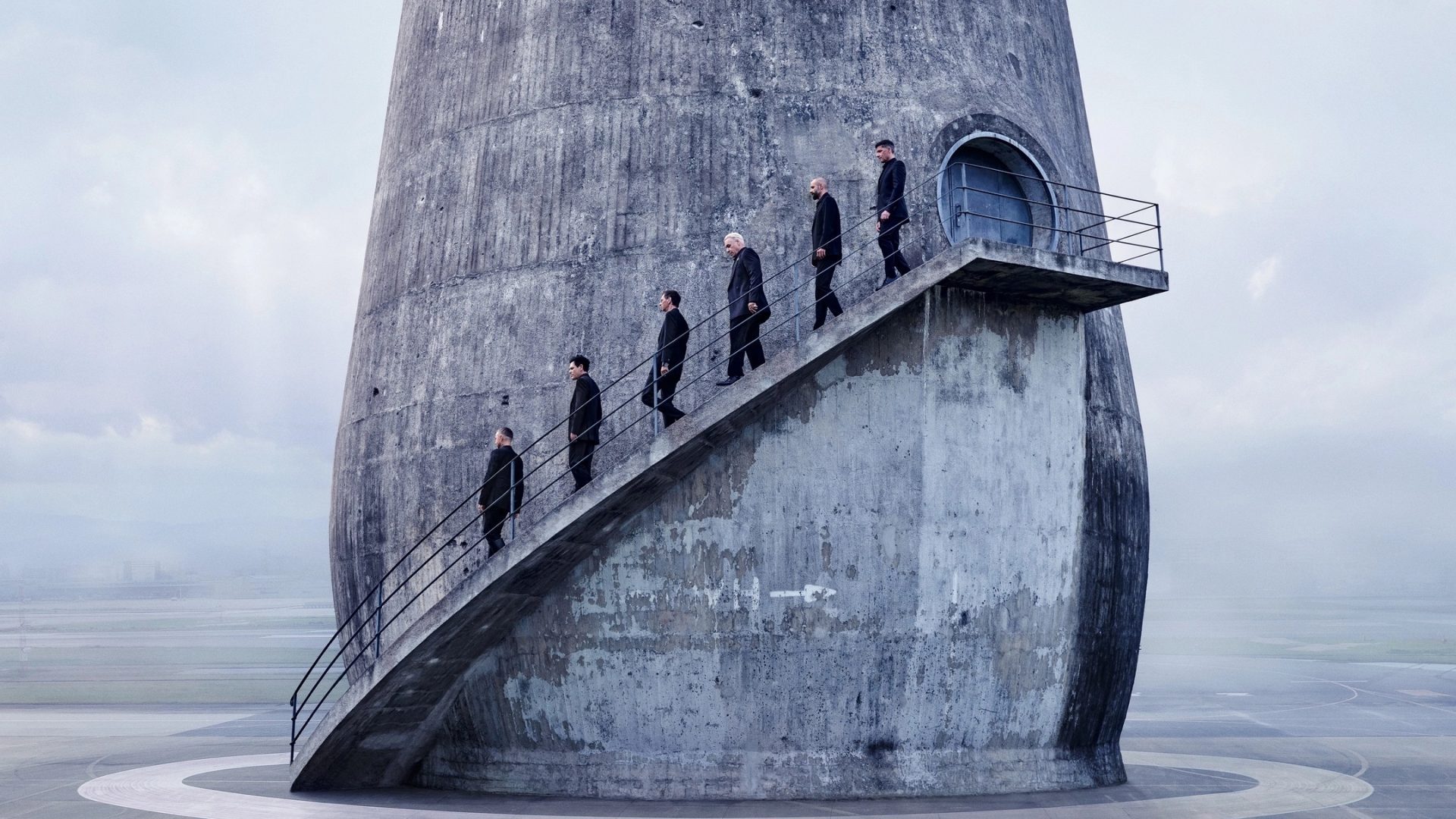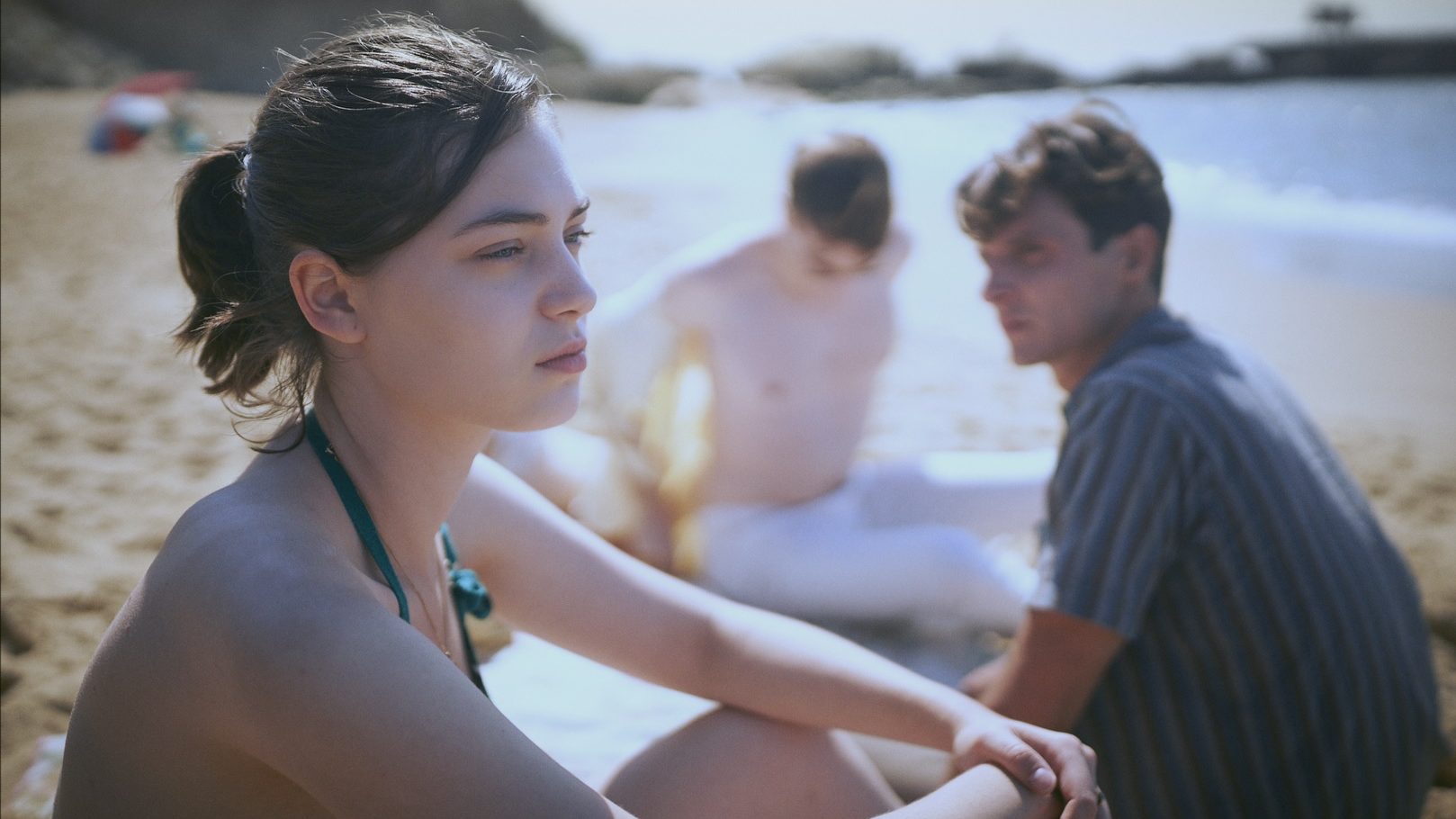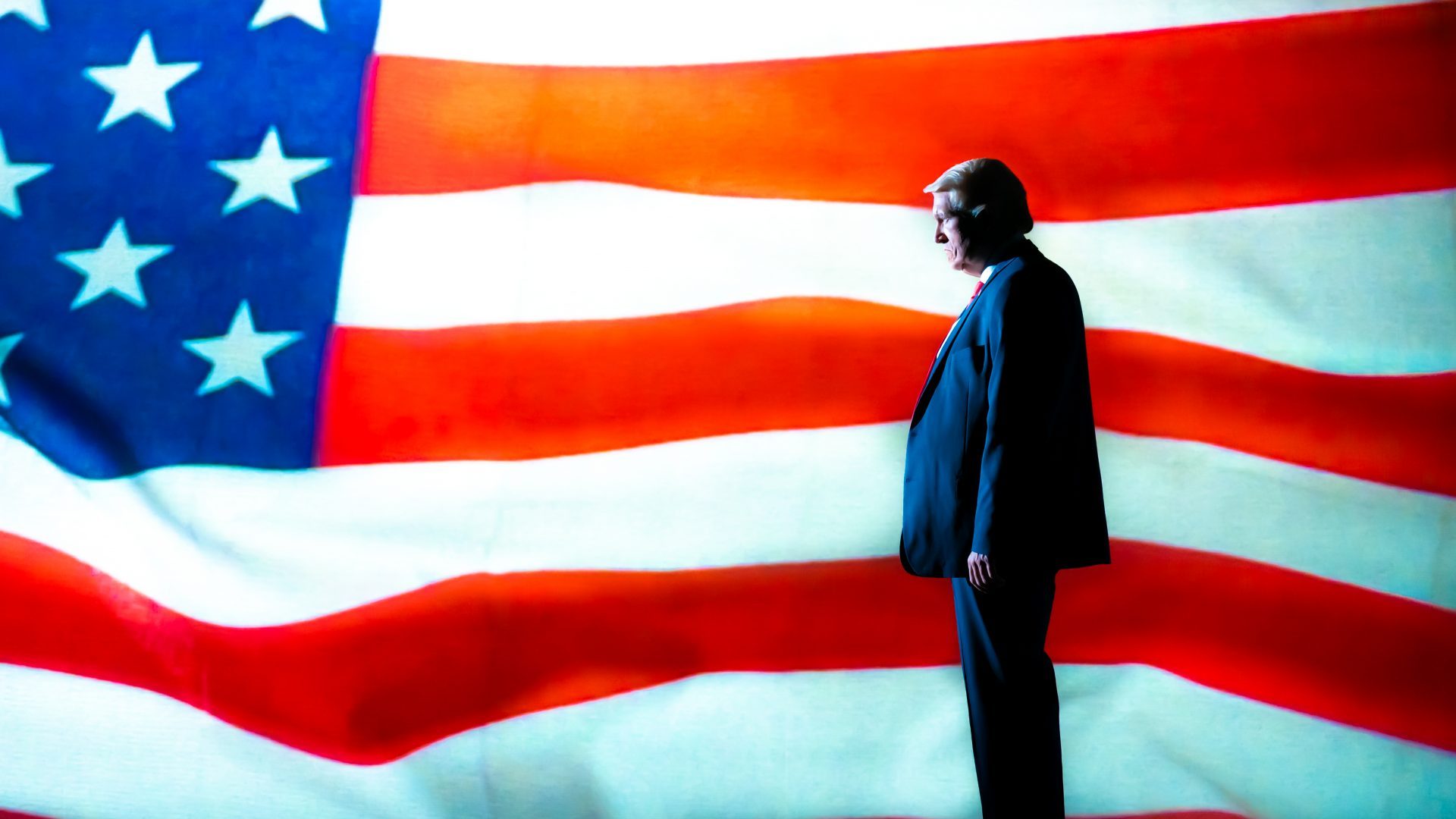Rammstein are not the ambassadors modern Germany wanted, but they are the ambassadors it got. The kings of the Neue Deutsche Härte (new German hardness) sound, which blended metal, industrial and techno, emerged from the East Berlin punk scene in the earliest years of the newly unified Germany and went on to become one of the country’s most successful cultural exports, despite a constant courting of controversy.
Over the past three decades, Rammstein have dazzled the world with their signature pyrotechnics-laden stadium shows and insinuated their German language sledgehammer-hits into Anglophone charts otherwise resistant to foreign tongues, selling more than 20 million albums.
Their new album Zeit (Time), released this week, is their eighth LP, arriving three years after their multi-platinum selling untitled album which went to No 1 across Europe and Top 10 in the US. The cover image taken by Bryan Adams (yes, that Bryan Adams), showing the band standing on the curving staircase of the 1930s concrete monolith that is Berlin’s Trudelturm is an appropriate representation of the monumental trademark operatic industrial metal within.
The featuring of the Nazi-era Trudelturm revives past controversies over Rammstein’s flirtation with the imagery of the Third Reich (they used large parts of Leni Riefenstahl’s film of the 1936 Olympics in the video for their
cover of Depeche Mode’s Stripped), which have drawn unfounded accusations of right-wing sympathies.
But an interest in the grotesque, the visceral and the pornographic have also made the band the focus of controversy. Their 2004 single Mein Teil (My part, or My penis) referenced the Armin Meiwes cannibalism case and caused a moral panic (when performing the song live, frontman Till Lindemann ‘cooks’ keyboardist Flake Lorenz in a giant cauldron, and just how tongue in cheek much of their material is becomes obvious).
The interest in body parts continued with the self-explanatory Pussy (2009),
a No 1 hit in Germany despite its unscreenably pornographic video, and persists with the likes of Dicke Titten (Big Tits) and Zick Zack from Zeit, the
latter an ironic hymn to plastic surgery.
But Rammstein are more than mere shock rock or just a stadium-filling
spectacle. Their engagements with sex, death and religion are miniature
works of philosophy, and they have been significant interpreters of German identity, a fact nodded to in the ironic title of their 2011 greatest hits album, Made in Germany.
The band’s outlook on post-1990 Germany – a leftist scepticism about the virtues of the new capitalist order – was informed by coming from the East,
and they have also been part of an honest exploration of modern Germany. The 2019 single Deutschland became the band’s ultimate word on this.
Just as the lyrics of Deutschland found the band in ambivalent rather
than patriotic mood (“Germany/ My heart in flames/ Want to love you, want
to damn you”), the video was hardly a nationalistic celebration, but rather a
blood-soaked, highly stylised romp through the country’s history. Black actress Ruby Commey was cast as Germania herself, variously dressed as a Teutonic knight, a Weimar-era flapper and an SS officer. This drew inevitable controversy from all sides, but Deutschland was proof that Rammstein seek to discomfit rather than merely shock and that difficult notions of Germanness underpin much of their internal mythology.
Rammstein are unlikely ambassadors for their homeland then, particularly given the government censorship of 2009 LP Liebe Ist Für Alle Da (Love Is For All) for the inclusion of the tracks Ich tu Dir Weh (I Want to Hurt You) and Pussy, but that is what they undoubtedly have become.
While the RammsteinStore in east Berlin gives the band a physical presence as a tourist attraction, Lindemann’s unmistakable baritone is an intangible cultural asset with global reach through their music – indeed his voice sounds like the German language was invented for it.
On Zeit, the deep bass tones and rolling Rs of the barnstorming, synthy opener, Armee de Tristan, are typical of Lindemann’s pantomimic German phrasing, and the rest of the album doesn’t deviate from their classic sound.
The following two tracks find the band in contemplative mood, from the album’s eponymous melancholic ballad, to the stately celebration of night, Schwartz. There’s a change of tempo with the crushing Giftig (Poisonous), the playfully absurd Zick Zack and the breakneck OK.
Meine Tränen (My Tears) is another of Rammstein’s twisted first-person narratives, a story of a child brutalised by his mother, while Angst is Rammstein at their baroque best. Lügen (Lies) and Adieu see the album
finish in sombre tones (“Adieu, goodbye, Auf Wiedersehen / You have to go the final way alone”).
Those sentiments, and lengthy gaps between releases suggest Rammstein
may feel 30 years is a good point to call it a day, although not before a huge
European and North American tour this year (they’ll visit the UK in June). If so, Germany will lose one of its most paradoxically valuable assets.
Rammstein in five songs
Du Hast (1997)
Rammstein’s breakthrough single on the international stage, with a slot on The Matrix soundtrack and heavy rotation on MTV, this song played on the ambiguity of the German phrase “Du hast” (“You have”) and “Du hasst” (“You hate”).
Ich Will (2001)
Released on the eve of the 9/11 attacks, the video for this track, in which the band stages a violent bank robbery, was not widely shown, but it gave them their only UK Top 30 hit.
Sonne (2001)
Originally written as an entrance theme for Vitali Klitschko, this song morphed into an ode to the sun and was released as the lead single from 2001’s Mutter, widely considered Rammstein’s greatest album.
Deutschland (2019)
The band’s first new release in nearly 10 years, this song expressed a love-hate relationship with the nation of their birth and garnered controversy for its cinematic video, a warts-and-all account of German history.
Zeit (2022)
The eponymous single of the band’s new album is a sombre, existential meditation on the passing of time and the inevitability of death: “Time, please stand still, stand still.”




